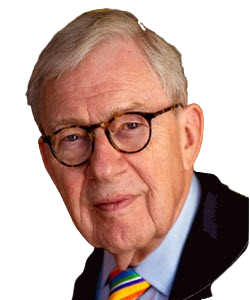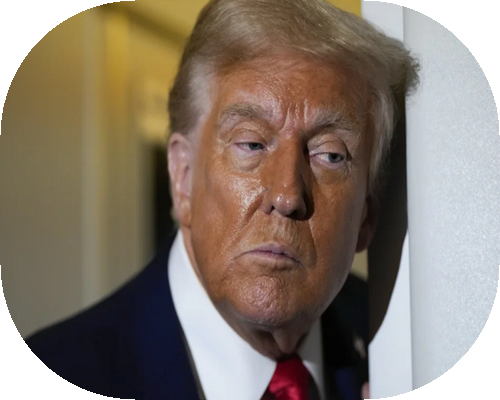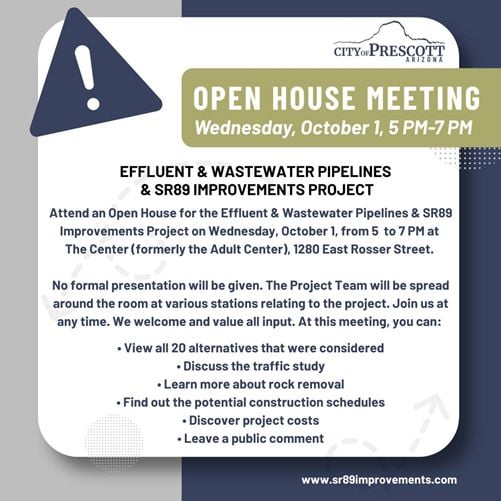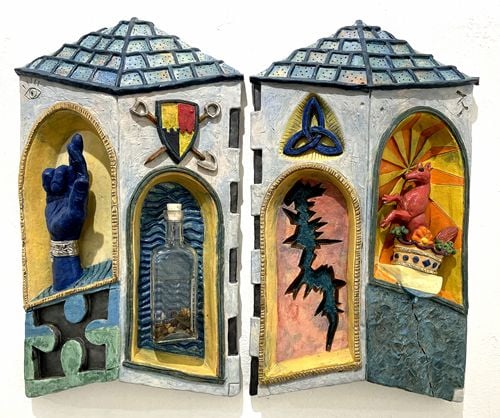For two and a half hours on a rainy weekday evening, Kathy Bernier did what she’s spent the past year doing: trying to restore faith in America’s electoral systems – and, along with it, in democracy.
Since July 2023, this die-hard Republican has traveled some 2,000 miles as part of her work as Wisconsin director of Keep Our Republic – one of several initiatives nationwide working to rebuild trust in elections.
Many such efforts sprang up after lies about the 2020 election culminated in an attack on the U.S. Capitol. The initiatives range from cross-partisan groups working in the battleground states of Arizona, Florida, Michigan and Wisconsin to off-the-record meetings of conservatives in Republican strongholds such as Utah and Texas.
“The United States is going down a slippery slope,” says Bernier, who led the Wisconsin group before resigning in July for personal reasons.
“I just am stunned there’s people that will go around and just spew this disinformation and misinformation,” she says. “Whether they realize how much they’re harming our democratic republic, I don’t know. But it is harming it.”
Leading up to the 2020 election, only 59% of Americans expressed confidence in the accuracy of election results, according to a Gallup poll. While 2022 saw that number rise to 63%, a deep partisan divide emerged. Republicans were more than twice as likely as Democrats to report distrusting the electoral system.
Leaders of these trust-building initiatives fear a repeat of the violence seen on Jan. 6, 2021, but they worry, too, about the larger impact of mistrust on the nation’s overall health and stability.
“I’ve got kids and grandkids that I want growing up having a democracy. So I’m going to try to do whatever it is, even if it’s a long shot, to try to save it,” says Scott McCallum, the former Republican governor of Wisconsin who co-leads the Wisconsin Alliance for Civic Trust.
His group’s work is part of an initiative run by The Carter Center, the nonprofit founded by former President Jimmy Carter and his wife, Rosalynn.
In an effort to bridge political divides and, in turn, increase trust, the center in 2021 began establishing cross-partisan networks – each co-led by at least one Democrat and one Republican – in key battleground states.
Don Henninger, the Republican co-lead of another Carter Center network, the Arizona Democracy Resilience Network, is responsible for recruiting people on the right to join the group.
“I would love to get some folks in from the MAGA crowd,” he says. “But they’re not going to come anywhere near us, because we believe the elections are fair, secure and safe. They’re at complete odds with the values that we have.”
He adds: “It’s not an aisle anymore. It’s a canyon.”
Henninger works with former Democratic U.S. Rep. Ron Barber to provide the group’s members with rapid-response training to mitigate the spread of disinformation.
Amid all of this work, concerns are growing that politicians and their associates are fueling division not because of their political beliefs, but for personal reasons.
“There’s now an industry about election fraud,” says Kansas Secretary of State Scott Schwab, a Republican involved in rebuilding voter trust.
David Haynes, a former journalist who co-leads the Wisconsin Alliance for Civic Trust, places part of the blame on the media, noting sensationalism sells and is fueled by chaos and conflict.
In politics, he says, “Conflict sometimes works better than solving problems. That’s harmful to our democracy. … But for individuals, it sometimes is in their interest to do that.”
Given that so many have something to gain from this division, and how quickly information can spread, Haynes worries “that no matter who wins in November, there might be people in the streets – and some of them might be armed.”
Bernier spent a dozen years serving in the Wisconsin Legislature. She saw firsthand the effects of polarization and says she joined Keep Our Republic to help voters find common ground.
“We just want to bring calm and truth to the electoral process. That’s all we can do,” she says.
During the June gathering at Woodruff’s town hall, Bernier, joined by the Oneida and Oconto county clerks, explained Wisconsin’s election procedures. Attendees then submitted questions.
One asked about emails “proving” software programs in Serbia accessed U.S. voting systems. Oneida County County Clerk Tracy Hartman fielded that one.
“I can tell you that the machines in Oneida County aren’t being accessed by anybody anywhere aside from the municipal clerks and poll workers.”
Michael Fried, a Democrat, said he attended the gathering to reassure himself of the integrity of the vote.
“I wanted to learn more about why people, even when presented with overwhelming evidence that the election was fair and just, still wanted to push forward this idea that it was not,” he said.
Terry Capsay, who wore a “Make America Great Again” baseball cap, was also there. She said she respected the transparency and willingness to answer questions but added: “Do I think it’s really going to help increase trust? I’m not sure.”
The SNF Agora Institute, an academic forum based at Johns Hopkins University and focused on strengthening global democracy, and the R Street Institute, a free-market think tank, are working to increase trust among conservatives specifically.
The organizations create a safe space for conservative public officials and other professionals to voice concerns and come up with possible solutions. Gatherings follow the “Chatham House rule,” meaning identities are protected to avoid potential public ridicule.
In June, 20 people came together in Grand Rapids, Michigan, as part of this effort. More than 10 such gatherings have been held in places such as Arizona, Utah, Wyoming and Kentucky, with more planned ahead of November.
Phil McGrane has been helping with the initiative. He won his seat as Idaho’s secretary of state in 2022 after being the only GOP candidate in the state to publicly affirm Joe Biden’s 2020 victory.
“Hopefully we can all find a path that can bolster confidence in the process,” he says “because it’s an important reminder to everyone that America is still an experiment.
“This isn’t the first, and probably not the last, time that democracy has been tested.”
How useful was this article ?
Click on a star to rate it!
Average rating 0 / 5. Vote count: 0
No votes so far! Be the first to rate this post.
We are sorry that this post was not too useful for you!
Let us improve this post!
Tell us how we can improve this post?
















1 thought on “Republicans And Democrats Work To Restore Trust and Faith In Democracy – News21”
To late, to much water under the bridge for people to ever trust their government again – unless Trump is reelected.
Comments are closed.